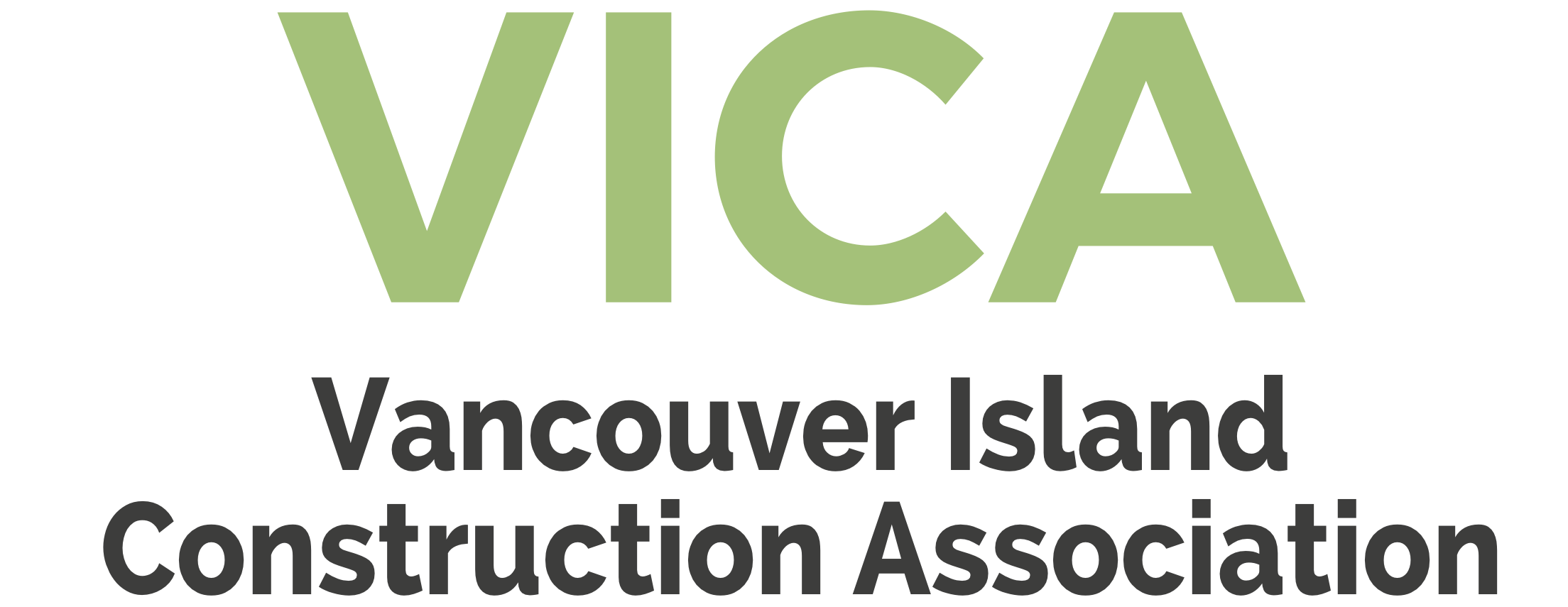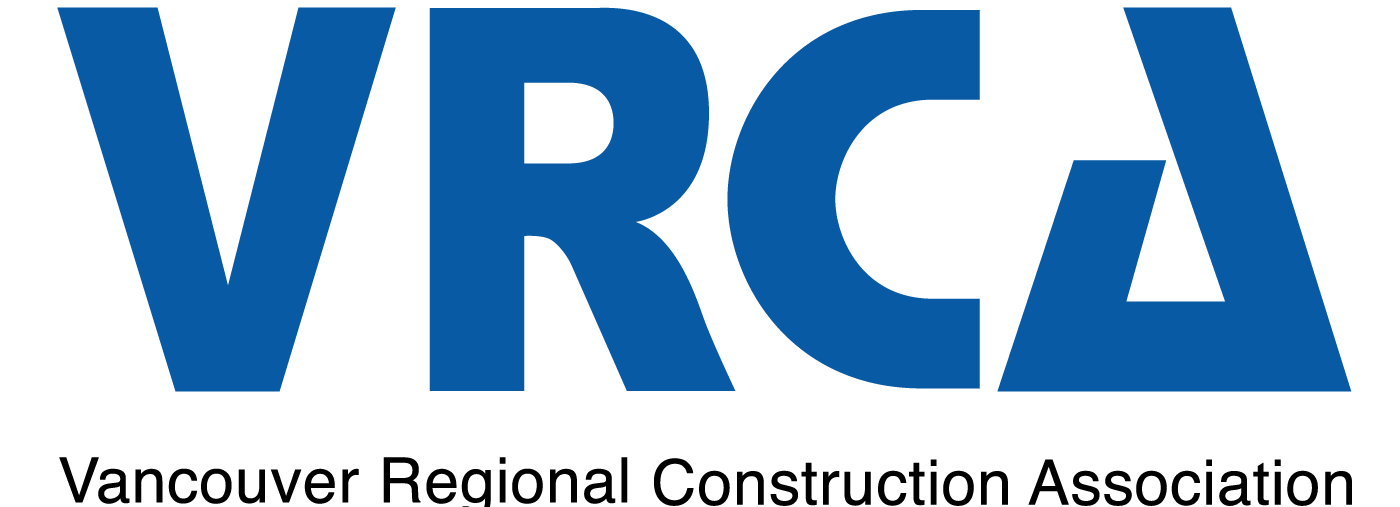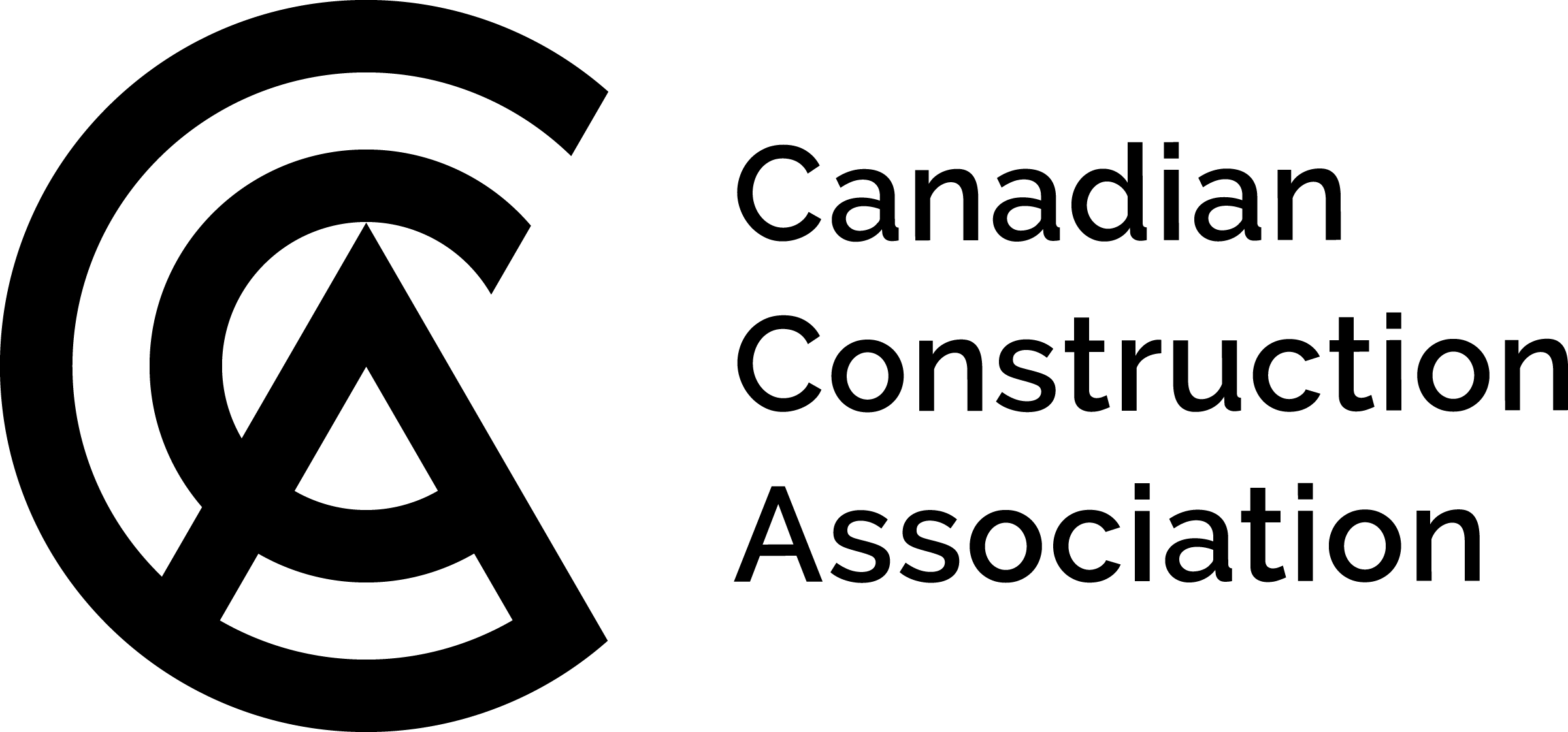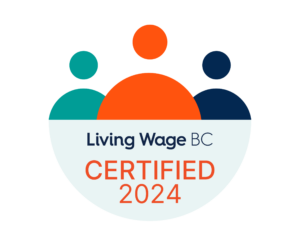‘Canadian Experience’. Is It Limiting Your Talent Pool
Fear of the unknown holds us back as much in life as it does in business and when it comes to growing market reach, we might revert to safely innovating by slightly moving the dial on our products, processes, or people. But is it enough?
Fear of the unknown holds us back as much in life as it does in business and when it comes to growing market reach, we might revert to safely innovating by slightly moving the dial on our products, processes, or people. But is it enough? Yes, in normal market circumstances but with the labour shortage facing the construction industry in Canada, I’d argue now is the time to be brave by critically (and unjudgmentally) analysing how we attract, recruit, and retain human capital. In this blog we are focusing on just one element: talent attraction.
If, in the past, you have valued ‘Canadian experience’ above ‘other’ when recruiting that is OK. You have had your reasons. Perhaps it was not understanding the equivalency of an out-of-country degree, not being certain about the transferability of licensing, not knowing how to validate out-of-country job references or feeling discomfort at the thoughts of an accented interview. But the recruitment landscape in Canada is changing rapidly and applying the same old formula to a new problem might not get you the results you need. Could you be missing out on high skilled construction professionals who don’t fit the ‘Canadian experience’ mould? If yes, how will that effect the talent pool you could be accessing and the direction your business could be heading?
In the BCCA-Integrating Newcomers program we advise clients (high-skilled construction professionals approved for immigration to Canada) to boost their ‘Canadian experience’ pre-arrival by joining a provincial professional association, beginning the licensing process, taking short (and inexpensive) online Canadian construction-industry courses, and connecting with local peers in their target sector. And this strategy works, it levels the playing field just enough for recruiters and employers to feel comfortable to shortlist candidates for an interview or screening process that equitably evaluates the technical skills and competencies of all job applicants.
The Ontario Human Rights Commission also provides great advice for employers on how to remove ‘Canadian experience’ barriers. Some of which includes:
- ‘Do not assume that just because a person has not spent time working in Canada, they don’t have the knowledge to succeed in a particular job. Separate job requirements that are “legitimate” from those that are simply “nice to have,” and list these competencies in the job description so that candidates can show how their skills match up to the requirements.
- Be open to competencies that come from other contexts. Examples are:
-
- Work experience from outside Canada
- Education (in Canada or outside of Canada)
- Independent study
- On-the-job training
- Volunteering
- Life experience.
- Avoid using the term “soft skills” because it is subjective and may be defined in many different ways. If a job applicant does not know what an employer means by “soft skills,” then it will be hard to show they have these skills. Break down the phrase “soft skills” into competencies. Examples might be an ability to work in a team environment, or having communication or interpersonal skills to handle sensitive issues. Decide whether the skills are “legitimate requirements” or just things that would be “nice to have.”
- Bridging, mentorship and internship programs, provided they are paid, can be a great way for prospective employees (whether they are new to Canada or not) to close skill gaps or show their skills and abilities in a work setting. However, human rights concerns may arise where newcomers without “Canadian experience” are automatically streamed into bridging, mentorship and internship programs without being seriously considered for jobs within the mainstream workforce.
- Employers should not assume that just because an applicant does not have any prior “Canadian experience” they will not succeed in the workforce. Just like Canadian-born applicants, newcomer applicants should have an opportunity to show their competencies assessed on an individual basis, and to show their potential to succeed in a job.’
Hopefully, this blog provides you with things to consider and implementable steps that will help you access the right people for the right jobs. Canada has invested wisely to attract and approve some incredibly skilled newcomers to help build our economy and our communities for the future. Now you can welcome this talent to build your business too.
About the author
Linda Ryan is National Program Manager with BCCA-Integrating Newcomers, a government funded, Canada-wide, pre-arrival career advice and employment coaching service for high skilled construction professionals immigrating to Canada. Funded by Immigration Refugees and Citizenship Canada, the program is hosted by BC Construction Association under its workforce development stream. The BCCA-IN team helps connect high skilled construction newcomers with employers. The program is a free, pre-arrival, nationwide service, and occupations supported include the skilled trades, licensed technical professions (e.g., engineer, architect, quantity surveyors, H&S etc.), and a wide variety of strategic business disciplines.










